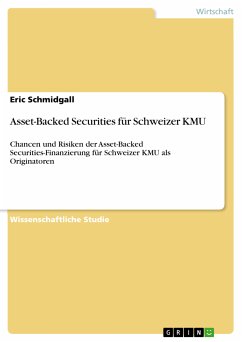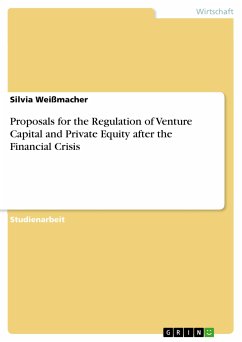Studienarbeit aus dem Jahr 2002 im Fachbereich BWL - Investition und Finanzierung, Note: 1,3, European Business School - Internationale Universität Schloß Reichartshausen Oestrich-Winkel (-), Veranstaltung: Seminar des Wahlpflichtfaches Finanzierung und Banken, Sprache: Deutsch, Abstract: The topic of this paper is the difference of venture capital (VC) backed initial public offerings (IPOs) and non backed IPOs and the share price performance of the companies after the IPO. Compared to non-backed IPOs, VC backed IPOs consist on average of younger and less profitable firms. Nevertheless, VC backed companies have better underwriters, more institutional investors and less underpricing (i.e. a discount on the initial share price due to asymmetrical information). It is therefore considered that the venture capitalist (VCist) has an important impact on the share price performance of the young firm due to his certification role. By screening and mentoring the backed venture in earlier stages of the VC cycle, he can well assess the business’ opportunities. Thus, if he invests in the venture and keeps shares after the IPO, he can proof credibility to other investors (credibility hypothesis). However, younger VCists tend to bring companies too quickly to the stock markets, because they need an IPO for building up a reputation (grandstanding hypothesis). This may be adverse to the venture. Our findings also outline that there is no clear advantage of VC-backed firms on the long-run. Thus, we conclude that it is not only important to think about a VC backing, but also about the VCist that is backing. Choosing the wrong VCist may even have a negative impact on the company’s future.
Bitte wählen Sie Ihr Anliegen aus.
Rechnungen
Retourenschein anfordern
Bestellstatus
Storno









